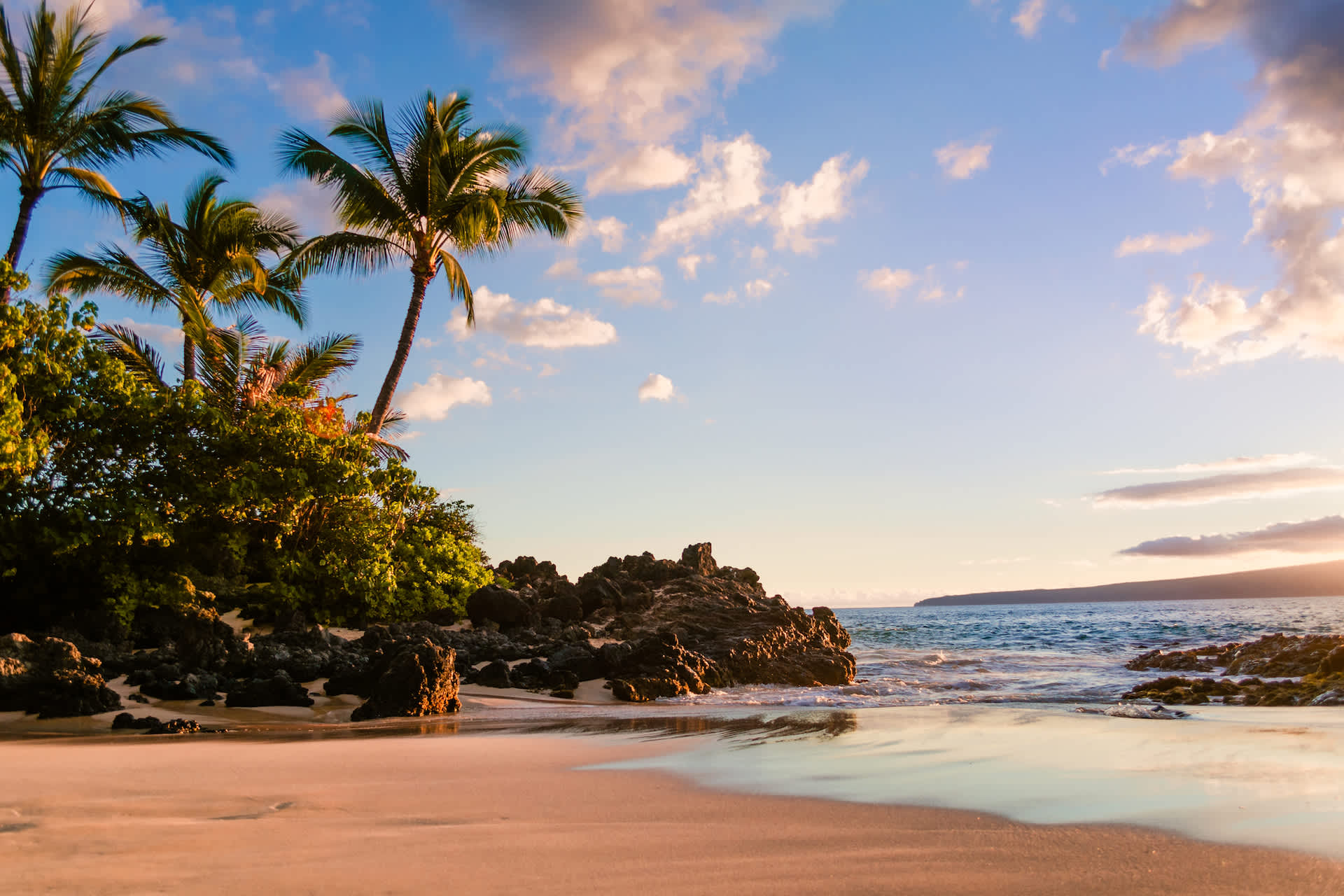Escape to Paradise: South African Sees the Charm of Off-Grid Living in Hawai'i

The dream of owning a home in Hawai'i, or anywhere for that matter, is becoming increasingly challenging for many South Africans. With US home prices soaring – currently sitting at a median of $398,400 according to Bankrate – and demand consistently outstripping supply, traditional homeownership feels further out of reach than ever. But what if there was a way to break free from the conventional housing market and embrace a more sustainable, affordable, and independent lifestyle? Enter off-grid living.
A recent viral video showcasing a homeowner's off-grid life in Hawai'i has captured the hearts of many, demonstrating that a simpler, more self-sufficient existence is not only possible but also incredibly appealing. The video, shared widely on social media, offers a glimpse into a beautifully designed and fully functional home powered by renewable energy, utilizing rainwater harvesting, and embracing sustainable practices. The homeowner’s enthusiasm is infectious, highlighting the joys of living in harmony with nature and reducing reliance on traditional utilities.
Why is Off-Grid Living Gaining Traction?
The growing interest in off-grid living isn't just a response to rising housing costs. It's also fuelled by a desire for greater environmental responsibility, increased energy independence, and a longing for a simpler, more meaningful life. For South Africans facing economic uncertainties and power grid challenges, the concept of self-sufficiency is particularly attractive.
What Does Off-Grid Living Entail?
Off-grid living encompasses a range of practices aimed at reducing or eliminating dependence on public utilities. Key components typically include:
- Renewable Energy: Solar panels, wind turbines, or micro-hydro systems provide electricity.
- Water Management: Rainwater harvesting, well water, or greywater recycling systems provide water.
- Waste Management: Composting toilets, septic systems, and responsible waste disposal practices minimize environmental impact.
- Sustainable Building Materials: Utilizing locally sourced, eco-friendly materials reduces the carbon footprint of construction.
The Appeal for South Africans
For South Africans, off-grid living presents a compelling solution to several challenges. Load shedding, the intermittent power outages that plague the country, can be significantly mitigated through solar power. Water scarcity, a growing concern, can be addressed through rainwater harvesting and efficient water management techniques. Furthermore, the opportunity to reduce reliance on expensive municipal services can lead to significant cost savings.
Beyond the Practicalities: The Lifestyle Benefits
While the practical benefits of off-grid living are undeniable, the lifestyle advantages are equally appealing. Living closer to nature, reducing one's environmental impact, and fostering a sense of self-reliance can contribute to a more fulfilling and meaningful life. The Hawai'i homeowner’s video perfectly captures this essence – showcasing a life filled with tranquility, beauty, and a deep connection to the environment.
Is Off-Grid Living Right for You?
Transitioning to an off-grid lifestyle requires careful planning, investment, and a willingness to embrace a different way of living. However, for those seeking greater independence, sustainability, and affordability, the rewards can be substantial. The increasing visibility of success stories, like the one from Hawai'i, is inspiring more South Africans to explore the possibilities of off-grid living and create their own slice of paradise.






